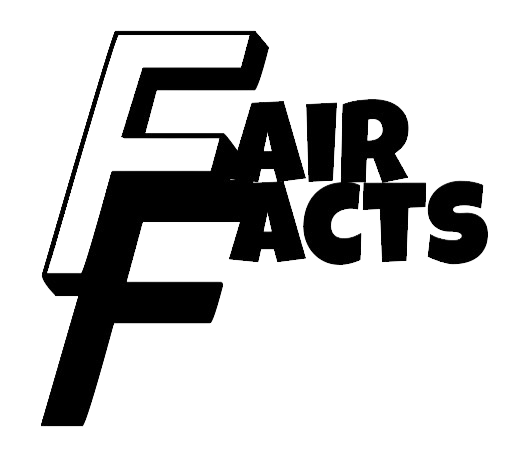Back in the late 1990’s, one of the definitions of family fun was going to a local sports team, watching their game, getting the kids some hotdogs, maybe a drink or two, and it wouldn’t amount to more than $150. 30 years later, that same amount would double or triple in price, making that same family fun night unaffordable for most. In a regular season game between the Washington Capitals and the Boston Bruins at Boston’s TD Garden, the cheapest individual ticket you can find on Ticketmaster is $195. If a fan were to bring a friend with them, the total cost including fees would be around $390. Ticket pricing has reached astronomically high levels, leaving fans increasingly disheartened.
The number one cause that consumers are pointing to blame for the skyrocketing ticket prices are resellers. Traditionally, ticket prices depend on who’s playing, the location, and the time of the match. Resellers take these factors that fans look at, determine the most popular events, and buy out an excess amount of tickets to resell at an elevated price. For example, for WWE’s flagship pay-per-view (as of recent, referred to as premium live events), Wrestlemania are listed for $200, but some resell tickets on Ticketmaster jumped the price to $3,300, just for night two of the two-day event. A fellow ticket distribution company, SeatGeek, has a two night package totaling roughly $1374. The major price difference leads buyers to believe that Ticketmaster is not worth the additional two-thousand dollars, and that platforms like SeatGeek or Gametime are more reliable.
Ticketmaster has always been an afterthought when fans are searching for the best ticket deals. This is because the major ticket company tends to market at higher prices than other platforms, has consistent website crashes when a high demand event goes live, and their absurd fee prices that sometimes are half of the actual ticket price. However, it is the number one platform for resellers, who mark up the tickets on the website from 50% to 7000%, according to TIME. Although more recently, Ticketmaster’s practices have been faced with scrutiny and could see significant changes, as the United States Senate is now stepping in to investigate the platform. The Senate is concerned as they claim that Ticketmaster and its parent company, Live Nation, are becoming a monopoly over the ticket distribution industry.
A major deal breaker for customers buying tickets are the platform-specific fees, which are prominently seen when purchasing with Ticketmaster and SeatGeek. Just by looking at the fees, it begs the questions of why are there so many fees and are they necessary? On Ticketmaster, they have five fees: service fee, order processing fee, delivery fee, and facility charge. Service fees are to keep Ticketmaster running, hence why the price of the fee is so costly, added on to the fee is paying the workers at the venue and covering the cost to run a live event. The order processing fee is shared between the event holders and Ticketmaster. Although, this fee could be bypassed by buying the ticket in person. Additionally, the delivery fee can also be bypassed as Ticketmaster can email you the ticket, which is free, or they deliver a hard copy to you which includes the fee. Finally the facility charge is “to cover the costs of hosting live events, including staffing, insurance, and paying suppliers. Facility charges may vary by event and can be raised or lowered over time. Ticketmaster does not keep any portion of the facility charge,” as per TicketMaster’s website.
The investigation by the U.S. Senate is focused on whether Live Nation Entertainment has abused its power over the multibillion-dollar live music and sports industry. The investigation started during Taylor Swift’s Era’s Tour, when fans tried to buy tickets in presale for the tour. In a statement posted by Live Nation, the company “takes its responsibilities under the antitrust laws seriously and does not engage in behaviors that could justify antitrust litigation.” They continued, stating that the markets for concert promotion and ticketing services were both competitive.
“Funflation” is still a major struggle for the live entertainment industry as less and less fans are motivated to buy tickets with all of the additional costs and obstacles.

